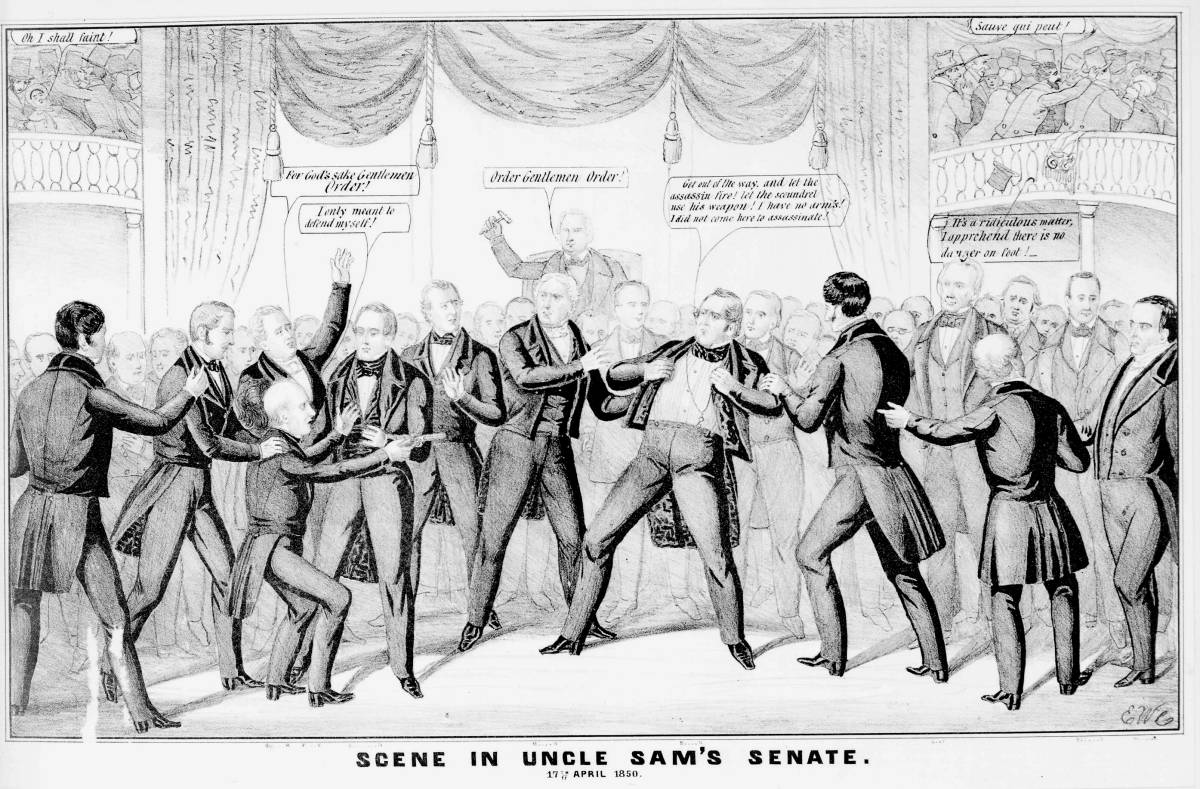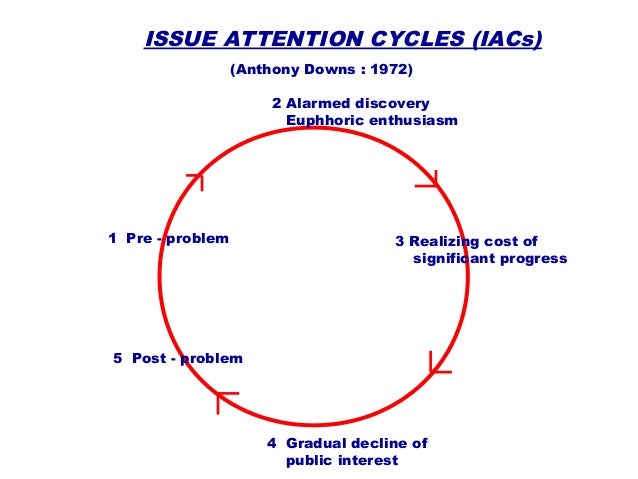Financier turned journalist Steven Rattner wrote an op-ed in the New York Times last week arguing that the president should stand firm and resist Congress inserting itself into the nuclear agreement with Iran. While he may have a point regarding this specific issue, I found his other arguments and evidence way off base.
 |
| Steven Rattner |
He says, "I wish the
president had had the votes to hang tough on this important right, in part
because of the precedent it sets for future executive agreements and the pall
it casts over his fight for the legality of his recent executive orders on
immigration, climate change and other matters."
Since the 1970s, Rattner argues Congress has "eroded the powers of
the presidency." As we have discussed in class, he believes this began as a response to Nixon’s “Imperial Presidency.” As a result, “Congress ...restricted the president’s ability to withhold funds that had been appropriated.”
I think he is conflating president’s power in domestic policy with
his ability to negotiate. While the president can enter into executive agreements, this does not correspond to his power to implement Congress's spending, though the Congress exerts a check on the president's ability to pursue treaties. He mistakes Obama’s deference to Congress as a shift in
constitutional authority of the president--a political, not constitutional, effect. He then calls for the re-implementation of the president's line item veto and an end to lawsuits against executive orders.
Lastly, I thought this line was a nice way of saying the president should have the ability to manipulate congressional appropriations: “So
let’s reinstate the president’s ability to implement routine reorganizations.”


/cdn0.vox-cdn.com/uploads/chorus_asset/file/3636420/journal.pone.0123507.g002.0.PNG)













